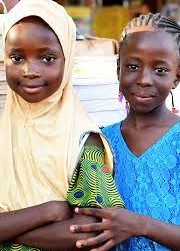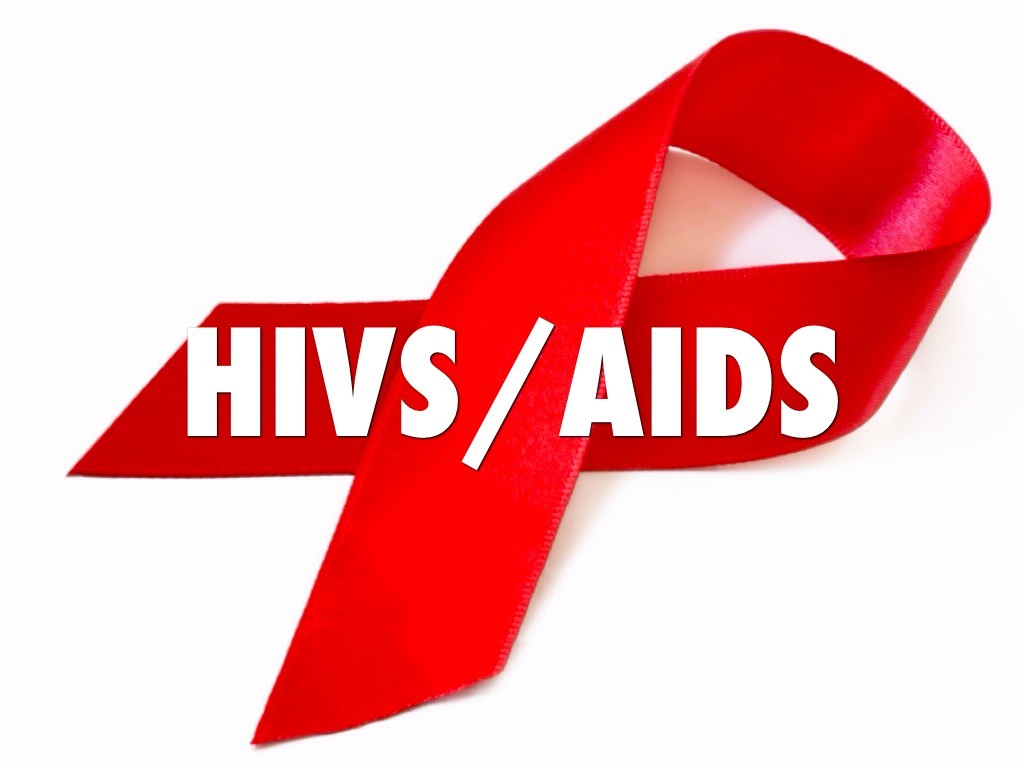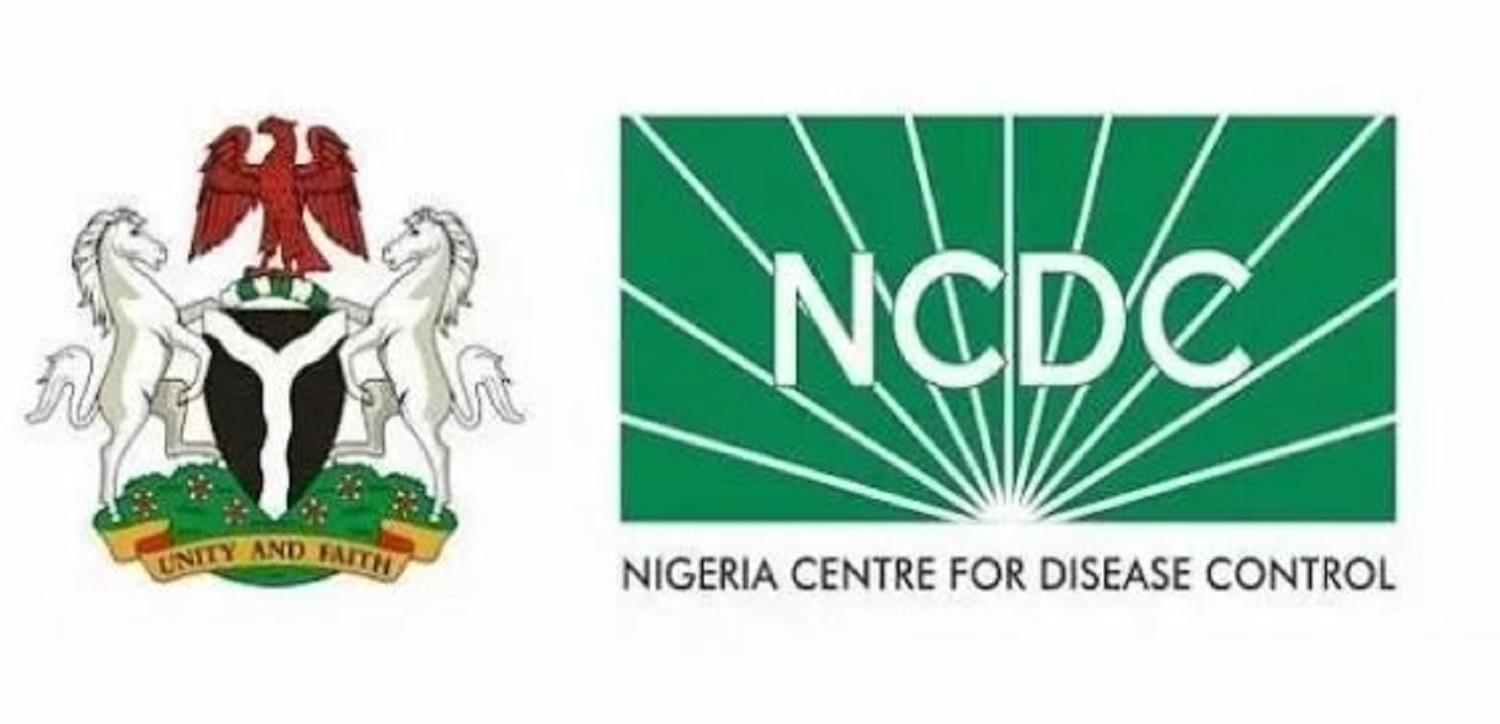Health
SCI’s intervention reduced early marriage, early childbearing in Nigeria -Minister

The Minister of Health, Dr Osagie Ehanire, has commended Save The Children International (SCI) for its intervention in adolescent challenges in Nigeria by reducing child marriage, and early childbearing, among others.
Ehanire, represented by Dr Salma Anas, Director, Family Health, gave the commendation at the Reaching and Empowering Adolescents to make Informed Choices for Their Health in Nigeria (REACH) close out event organised by SCI in Abuja.
The News Agency of Nigeria (NAN) reports that the REACH project is targeted at 100,000 married and unmarried female and male adolescents between the ages of 10 to 19 years in six local government areas in Gombe, Katsina and Zamfara States.
Ehanire said that SCI Nigeria through the REACH project had in no little way contributed its quota to the growth and development as well as the general well-being of Nigerian adolescents and young people especially the girl-child.
“Examples of such achievements include the age of marriage, capacities of health workers and facilities delivering gender-responsive adolescent-friendly services.
“The Federal Ministry of Health, through the Department of Family Health in collaboration with SCI, with funding support from Global Affairs Canada (GAC) implemented a three-year REACH project in Gombe, Katsina and Zamfara States.
“The aim of the intervention is to improve young people’s access to gender-responsive quality sexual and reproductive health services and rights, in 300 communities across six LGAs.
“This is fully in line with our vision and priorities of improving access to quality health care, leaving no one behind.
“There is no doubt that the project has within these three and half years achieved the set objectives in affecting young women and girls positively, in the following areas:
“They are child marriage, early childbearing, educational attainment, gender-based violence, decisions ability and access/utilisation of services and improved sexual and reproductive health and rights (SRHR) knowledge,” he said
Ehanire said that the Ministry had put in place, sustainability plan to ensure that the achievements were sustained through facilitating the domestication of the policy documents at sub-national levels and strengthening the leadership of the technical working groups.
SCI, Acting Country Director, Shannon Ward, said that the REACH review findings indicated significant attributable progress as opinions and perceptions of adolescents on sexual health issues changed positively.
“For example, two out of five unmarried adolescent girls, 42 per cent up from 11 per cent baseline, reported holding opinions consistent with independent decision-making about their sexual and reproductive health.
“That proportion is 52 per cent among married girls up from 25 per cent at baseline.
“The proportion of married adolescents, who think that couples should jointly decide about how many children to have and when, increased from 62 per cent at baseline, to 94 per cent at midline.
“Similarly, the proportion of adolescents, who think that women have no right to participate in household financial decisions, fell from 49 per cent at baseline to 33 per cent at midline.”
Ward said that in the face of a myriad of systemic and structural limiting social norms including gender norms, the above stated progress was heartwarming.
She said that it was an indicative of the change that could come about with sustained collaboration, engagement and interventions at all levels, particularly gender-transformative programming that was in alignment with community needs.
She added that the project worked hard in resuscitating and building the capacity of the children’s parliament, supporting the children’s parliament to advocate for the passage of the child rights act.
REACH Programme Director, Rahinatu Hussaini said that the project targeted adolescents because they face considerable sexual and reproductive health risks.
Hussaini said that early and unintended pregnancy affected the lives of millions of adolescents across Nigeria, as 11.6per cent of girls were married by age 15 and 49 per cent were married by 18, with wide regional disparities.
According to her, the average age of marriage in Zamfara, Gombe and Katsina is 14.5, 16 and 15 years respectively.
She added that the first sexual encounters for adolescent girls were often up to two years earlier in rural areas than in urban.
“Adolescent birth rate in Katsina is 249 per 1,000 births, few sexually active adolescents are using contraceptives.
“Adolescent girls in Nigeria face many gender-based barriers to seeking medical care, weak referral systems, and lack of poor response to SGBV are also issues,” she said.
Hussaini said that the intervention was carried out in Balanga and Dukku in Gombe, Rimi and Sandamu in Katsina and in Talata Mafara and Kaura Namoda in Zamfara.
She said that the aim and outcome was, improved the sexual and reproductive health of adolescent girls and boys aged 10-19 in Gombe, Katsina and Zamfara states in Nigeria.
Representatives of the state governments of the three states were in attendance including traditional rulers that pledged their continuous support to curb the menace listed above. (NAN)
Health
Expert Advocates For Elimination of Mother-to-Child Transmission of HIV Through HIV Self Testing.

From Attah Ede, Makurdi
Eliminating mother-to-child transmission of HIV in Nigeria is an achievable goal, but it requires innovative approaches that can address the unique barriers faced by women in underserved communities.
An expert on health related matters, Dr Godwin Emmanuel stated while interacting with newsmen as part of activities commemorating the just concluded World Aids Day in Makurdi, the Benue State capital.
Dr.
Emmanuel who is the Managing Partner/Impact Officer of MOZUK Future Solutions Limited, stated that the World AIDS Day have come and gone, yet Nigeria government must not fail to examine some of the gaps that must be urgently bridged as a nation.He explained that each year, thousands of children are born with HIV, largely due to inadequate access to testing and treatment during pregnancy, disclosing that the Joint United Nations Programme on HIV/AIDS (UNAIDS) estimates that Nigeria contributes about 22% of global paediatric HIV cases which indicates the urgent need for innovative approaches to curb MTCT.
“This brings me to a recent study in Lagos and Kano which demonstrated how HIV self-testing kits offer a practical, effective, and scalable solution to our MTCT challenges.
“The study interrogates an initiative seeking to integrate HIV Self-Test (HIVST) kits into TBA services as part of a broader strategy to eliminate MTCT.
“The intervention targeted underserved communities where healthcare access is limited, leveraging the trust and accessibility of TBAs to distribute self-testing kits and provide essential counselling”.
According to him, the study, led by Dr. Toriola Adebayo of Lagos State University Teaching Hospital and Dr. Usman Bashir of Aminu Kano Teaching Hospital, articulated the role of local expertise in advancing healthcare solutions tailored to community needs.
“In this intervention, 182 TBA clinics across three local government areas (LGAs) in Lagos and Kano States were equipped with HIVST kits. TBAs received extensive training on the administration of the tests, pre- and post-test counselling, and linkage to care for those who tested positive.
“Among the 1,982 pregnant women enrolled in the study, pre-intervention testing rates were markedly low, with just 60% in Lagos and 38% in Kano having ever been tested for HIV. After the introduction of HIVST, testing uptake surged, with all participants voluntarily using the kits during antenatal visits.
“The results were promising:
HIV Positivity Rate: An overall positivity rate of 0.8% was recorded, with slightly higher rates in Lagos (1.1%) compared to Kano (0.8%).
“First-Time Testers: Remarkably, 80% of those who tested positive were undergoing HIV testing for the first time.
Linkage to Care: All HIV-positive individuals were successfully linked to ART services, demonstrating the effectiveness of the TBA-led model in bridging gaps in healthcare access.
“The success of this initiative exemplifies how HIVST can become a cornerstone of affirmative action against paediatric HIV infections, which was also a critical focus of World AIDS Day observances.
“As evidenced by the success of the Lagos and Kano initiative, when confidentiality, stigma reduction, and leveraging trusted community figures like TBAs are prioritised, HIVST has the potential to transform PMTCT efforts across Nigeria.
“This is even more so with sustained investment, community buy-in, and political will. This can move us closer to a future where no child is born with HIV and every mother has the opportunity to live a healthy, fulfilling life”, Dr. Emmanuel alluded.
He further revealed that HIV self-testing kits offer a simple, private, and effective means of determining one’s HIV status, adding that the kits allow individuals to test themselves using a saliva sample or a small drop of blood, with results available in minutes.
Highlighting the importance, the health, said the convenience and confidentiality of this method are particularly appealing to those who might avoid traditional testing due to stigma or fear of disclosure.
He stated that the fear of being judged or ostracised often prevents pregnant women from seeking HIV testing, stressing that HIVST kits allow individuals to test in the comfort of their homes or a private setting, without fear of disclosure. This is particularly crucial for pregnant women, who may face compounded stigma if diagnosed with HIV.
“Increased Testing Uptake as demonstrated shown the intervention in Lagos and Kano demonstrates that when provided with confidential and convenient testing options, more women are willing to know their HIV status. Early diagnosis is key to initiating ART, which can reduce the risk of MTCT to less than 1%.
Health
NAFDAC Supports Herbal Medicine, says Must go Through Clinical Trials

Prof. Mojisola Adeyeye, the Director-General, National Agency for Food and Drug Administration and Control (NAFDAC), says she supports herbal medicine production in the country.
She said this on a Forum in Abuja.
She, however, explained that for NAFDAC to accommodate herbal medicine as part of its regulated products, such herbal preparation must go through clinical trials.
She disclosed that the major challenge to herbal medicine practitioners is how to secure resources to finance clinical trial for their products, which she said cost a lot of money because it is a major aspect in medicine.
She added that “I believe in natural medicine, I was brought up with it, like the Agbo that we were taking and it was working.
“Herbal medicine or natural medicine work, before I came back home from the United States, I started a research on natural medicine for the cure of sickle cell, my niece who is a sickler got on it and her episodes decreased by 70 to 80 per cent.”
She explained that the agency gives approval for natural medicines once proven it is not toxic, and they have been used and tested before.
“We approve them for two years and then they can renew if they do clinical trial because it is something we are not used to in Nigeria.
“China supports many of these herbal practitioners.”
The director-general also spoke about using fruits and vegetables as medicine to cure some illnesses, adding that some of these fruits contain antioxidants that prevent cancer. (NAN)
Health
NCDC Calms Fears over XEC COVID-19 Variant, Urges Continued Vigilance

The Nigeria Centre for Disease Control and Prevention (NCDC) has allayed public fears over the detection of the SARS-CoV-2 XEC subvariant globally.
The Director-General of the centre, Dr Jide Idris, did this in a public advisory issued on Saturday night in Abuja, made available to newsmen.
Idris reassured Nigerians that the variant, though identified in 29 countries, has not been detected in Nigeria.
He said that the XEC subvariant, a descendant of the Omicron JN.
1 lineage, was currently classified as a Variant Under Monitoring (VUM).According to him, this means that it is being closely observed for potential concerns but does not yet pose significant risk.
“The XEC sub-variant has been reported in Europe, Asia, North America, and Africa, with Botswana being the only African country to record cases so far.
“While the sub-variant exhibits higher transmissibility, there is no evidence of increased disease severity,” he said.
The NCDC boss said that Nigeria had been monitoring the JN.1 variant, classified as a Variant of Interest (VOI), which has been present in the country since January.
He assured Nigerians that the National COVID-19 Technical Working Group was conducting continuous surveillance and data analysis.
Additionally, he said that a dynamic risk assessment was being organised to strengthen the country’s preparedness and response capabilities.
He urged health facilities nationwide to ramp up COVID-19 testing and forward positive samples to accredited laboratories for genomic sequencing.
He encouraged the public to maintain vigilance and adhere to basic health protocols, including handwashing, mask usage in crowded spaces, and ensuring proper ventilation indoors.
He advised vulnerable groups, such as the elderly and those with underlying health conditions, to remain cautious.
“COVID-19 remains a significant risk, particularly for the elderly, individuals undergoing cancer treatment, organ transplant recipients, and those with suppressed immune systems.
“We urge Nigerians to get vaccinated and receive booster doses as recommended,” he said.
The director-general also called on state governments to enhance public health infrastructure, provide resources for improved surveillance and diagnostics, and promote public health education.
He reaffirmed the agency’s commitment to providing Nigerians with accurate and timely information on the evolving COVID-19 situation globally.
He urged citizens to avoid misinformation and rely on verified updates from its platforms.
“For assistance, the public is encouraged to contact the NCDC via its toll-free number 6232 or, WhatsApp: 07087110839, Twitter: @NCDCGov and Facebook: @NCDCgov,” he said.
Report says that the XEC variant of COVID-19 is a recombinant strain, meaning it results from the combination of genetic material from two or more existing variants of the SARS-CoV-2 virus.
Recombinant variants can emerge when different strains infect the same individual and exchange genetic material during replication.
This process may lead to new variants with unique properties, such as increased transmissibility, virulence, or resistance to immunity.
While thousands of mutations have been tracked globally, only a few variants are monitored for public health significance.
Nigeria’s NCDC and global health organizations like the WHO continue genomic surveillance to monitor and respond to emerging variants.(NAN)





























